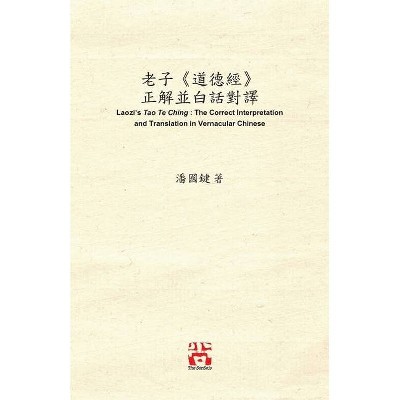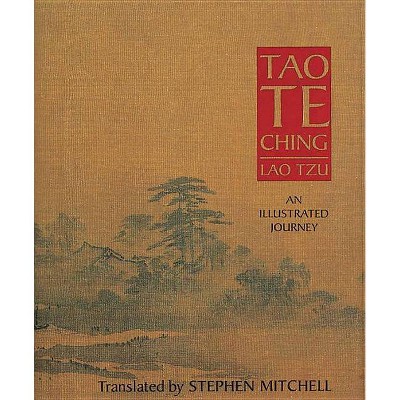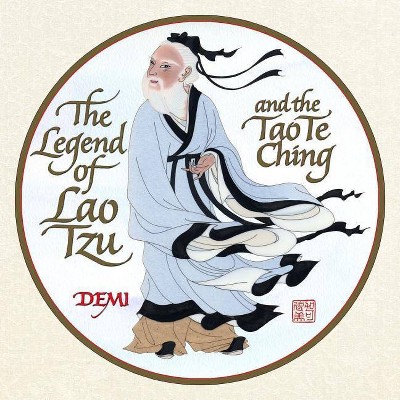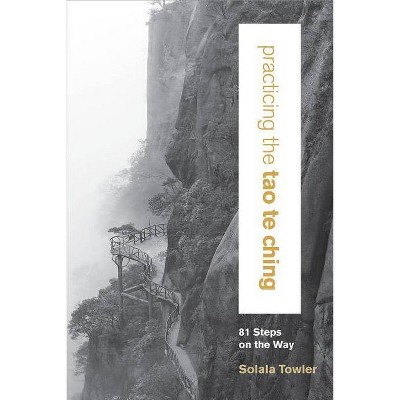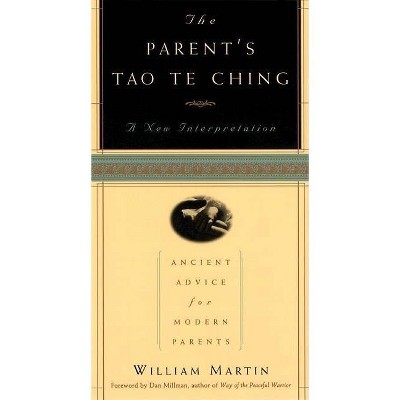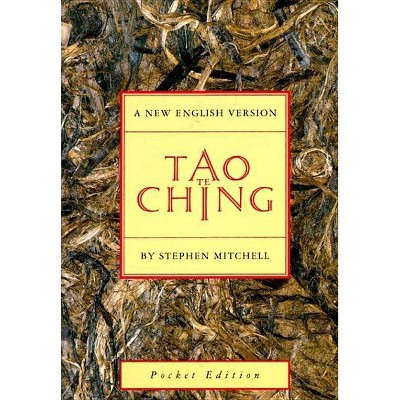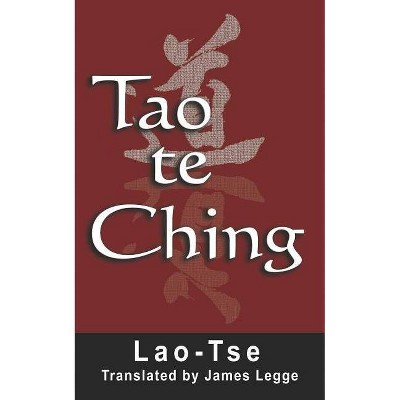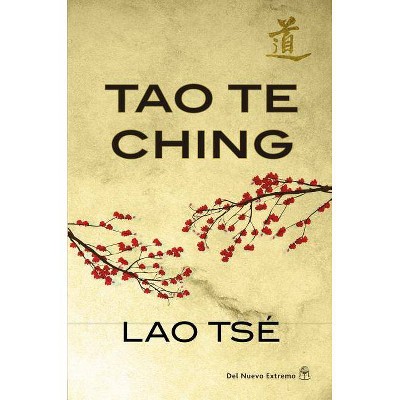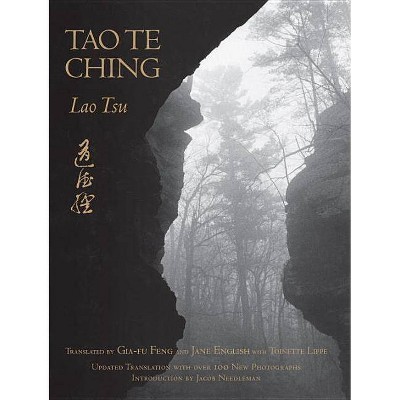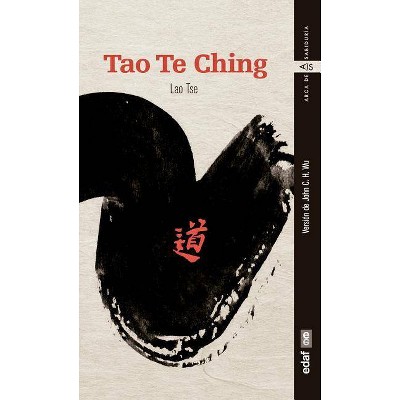An English Translation and the Correct Interpretation of Laozi's Tao Te Ching
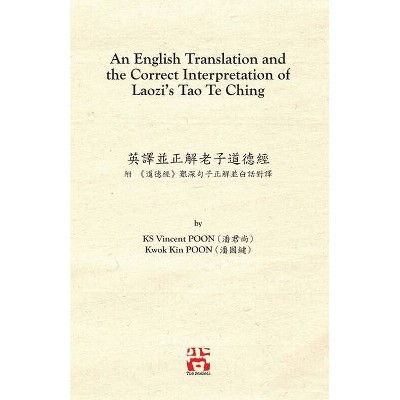
Similar Products
Products of same category from the store
AllProduct info
<p/><br></br><p><b> About the Book </b></p></br></br>This book provides readers with an annotated, line-by-line, concise, consistent, and correct English translation and interpretation of Tao Te Ching. Accompanied 674 footnotes include references and brief discussions on general misunderstandings.<p/><br></br><p><b> Book Synopsis </b></p></br></br>(I)</p><p><br></p><p><em>Tao Te Ching</em> (《道德經》, or <em>Dao De Jing</em>), presumably written by Laozi (老子) of the 6th century BC, is one of the most famous and influential philosophical works in Chinese history. Being the foundational canon of Taoism (道家), <em>Tao Te Ching</em> outlines the characteristics and roles of the fundamental Tao (道) and its Te (德, Manifestation of Tao) in the formation and maintenance of all in the Universe. Written in fewer than 6000 Chinese characters, <em>Tao Te Ching</em> also depicts the underlying nature of governance and some natural laws, which, remarkably, include modern scientific concepts such as atomic theory, chemical equilibrium, polarities, as well as the quantum uncertainty principle. Accordingly, despite its age of over 2500 years, <em>Tao Te Ching</em> remains a monumental text that must be read by all. </p><p><br></p>(II)</p><br></p><p>Unfortunately, <em>Tao Te Ching</em> is often misinterpreted by many for more than two thousand years. Their failures can largely be categorized into four types: </p><ol><li>Misinterpreting through the lenses of Taoist Religion (道教) and Huang-Lao (黄老) concepts. One typical example is erroneously taking Laozi had advised one to completely rid all desires to become a celestial being (神仙), which often leads to misinterpreting "鬼" as "ghosts" and "神" as "gods" or "dieties" in <em>Tao Te Ching</em>. Laozi had only asked one to minimize desires and had never addressed the existence of supernatural entities. Heshang Gong (河上公), one of the most prominent masters of Taoist Religion and the earliest commentators of <em>Tao Te Ching</em>, had often committed this type of error.</li><li>Misinterpreting through the lenses of Confucianism. Thus, characters such as "仁", "慈", "善", "德" are often misinterpreted by applying Confucian values. Laozi abhorred the establishment of Confucian "moral virtues", and so he could not have cherished them in <em>Tao Te Ching</em>. As Confucianism is widespread among Chinese academia, this type of misinterpretation is frequently committed by many scholars, including the renowned Wang Bi (王弼), Kang Youwei (康有為), Zhang Mosheng (張默生), Gao Heng (高亨), and James Legge. </li><li>Misinterpreting Chinese characters like "若", "似", and "或" as "seemingly", "resemble", and "perhaps". Such misinterpretations often give rise to the incorrect impression that Laozi was advising one to be pretending, scheming, and calculating. Laozi had always cherished acting by one's simple primitive nature and so would never have asked one to be pretending or disingenuous. </li><li>Committing a combination of misinterpretations outlined in 1, 2, or 3. This type of error usually results in multiple self-contradictions and inconsistencies, which further generate confusions and mystifications in understanding <em>Tao Te Ching</em>. </li></ol><p><br></p>(III)</p><p><br></p><p>As such, this book aims to provide readers with a clear, concise, consistent, and correct English translation and interpretation of <em>Tao Te Ching</em>, which is presented here in a line-by-line format accompanied by 674 footnotes. Footnotes include justifications and references for interpreting key Chinese characters as well as brief discussions on various general misinterpretations. Further, to facilitate easy reading, the bare translated text is supplemented in a separate section, while the correct interpretation of difficult and complex sentences in vernacular Chinese (《道德經》艱深句子正解並白話對譯) in another. </p><p><br></p><p><br></p>
Price History
Price Archive shows prices from various stores, lets you see history and find the cheapest. There is no actual sale on the website. For all support, inquiry and suggestion messagescommunication@pricearchive.us
